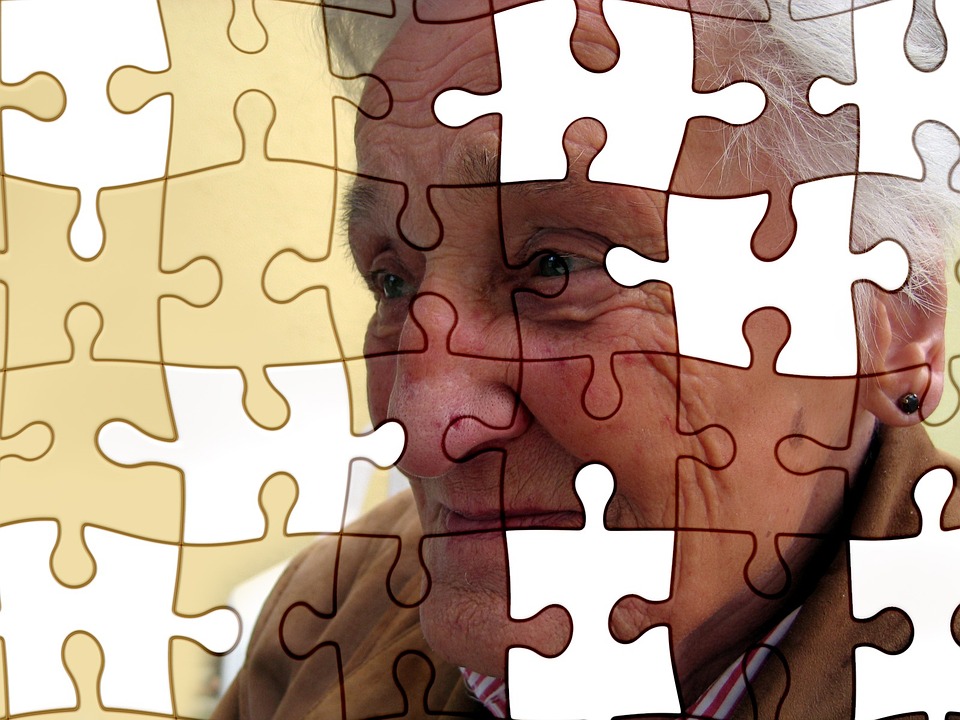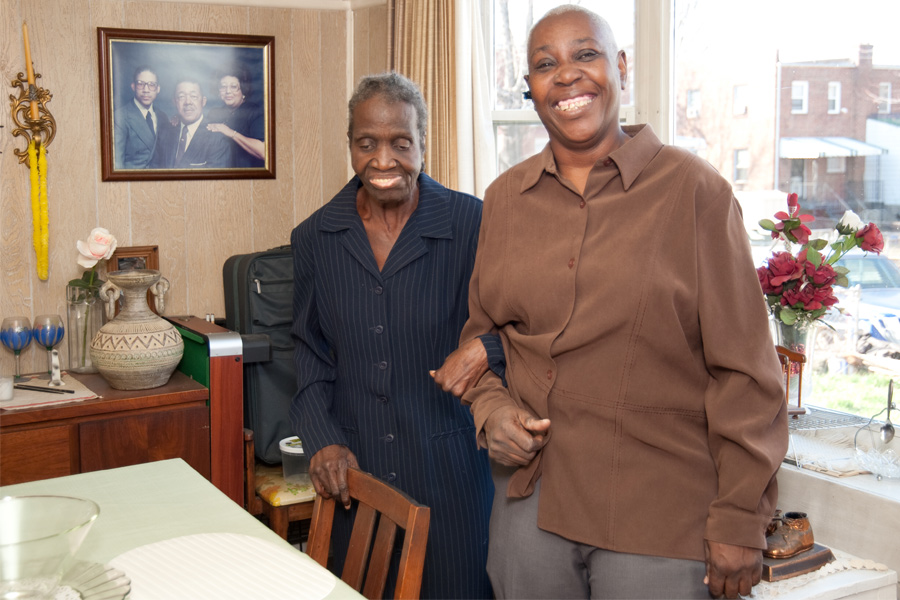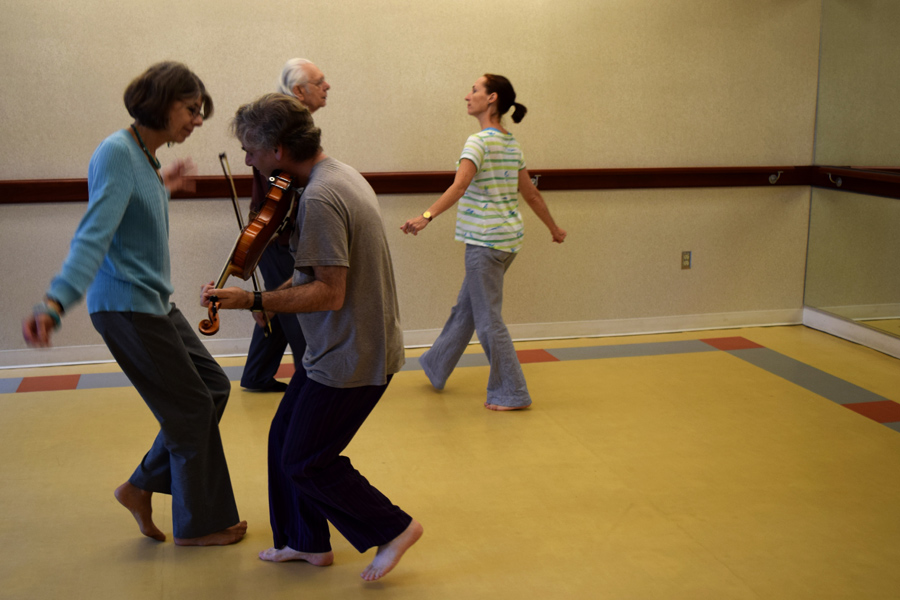Three action steps if you’re experiencing memory loss

It’s a good idea to see your regular doctor if you’re worried about your memory. You may be having changes in your memory that are normal for everyone as they get older. Or you may be having some memory changes that are signs of an illness. You may find yourself facing the following question:
Is memory loss normal?
As we get older, some memory loss is normal. You might misplace your glasses. Or, maybe you occasionally forget a person’s name, but recall it later. Those changes are normal.
Here are some signs you might be having more serious trouble with your memory:
- You’re having trouble figuring out how to do things that used to be easy for you—like paying bills or keeping track of your medicine.
- You get confused when you drive or walk somewhere you usually go.
What can you do if you or a loved one has symptoms of memory loss? Start with these three action steps.
1. Get evaluated.
If your experiencing abnormal memory loss, it’s essential to get an evaluation from a physician. Memory loss and confusion are caused by a variety of medical conditions, including Alzheimer’s, infections, anxiety, insomnia, and medication interactions. A physician can sort out what’s causing the memory loss, prescribe appropriate treatment, and in some cases (depending on the cause of the memory loss) may be able to reverse symptoms. Both neurologists and geriatricians are the best kinds of doctors to see about memory loss. Find a neurologist or geriatrician who accepts Medicare via Medicare’s website.
Be sure to take the following information with you to your appointment.
- Your health information
- A list of the medicines you are taking
- A list of the other doctors you see
- Your Medicare card and other insurance cards
It may also be a good idea to bring along a relative or friend who can talk about any memory changes that they witness.
2. Get Support.
Supportive services exist throughout the DC metro area for older adults with dementia and for the people caring for them.
You might consider joining a support group, calling information & referral, tapping into community services like home-delivered meals, or meeting with a care manager. Contact Iona’s Information & Referral Helpline to learn more about local supportive services at (202) 895-9448 or info@iona.org. Alzheimer’s-specific information and referral also is available from the Alzheimer’s Association’s 24/7 Helpline.
3. Plan ahead.
Making a plan now for your aging and long term care should be something everyone does, not just people experiencing memory loss. Like any puzzle there are many pieces to review and put together to construct the final picture: financial decisions, housing, legal questions, coordinating supportive services, making an advance directive, and more. The process to evaluate and establish a long term care plan may seem daunting, but you are not alone. A geriatric care manager, also called Aging Life Care Professional, can evaluate your needs, create a plan, and even coordinate care.
Learn more about long-term care planning via the federal Administration for Community Living. Learn about Alzheimer’s-specific long-term care planning via the National Institute on Aging.
At Iona, we call our geriatric care management services, Iona Care Management. You can learn more about services offered and schedule an in-home, office, or phone consultation by calling (202) 895-9448.
Related Articles

The Stories of Dementia in the District

A Couple’s Vows Create Opportunities to Age Well

Can You Imagine Taking Three Buses to Get to Iona?

